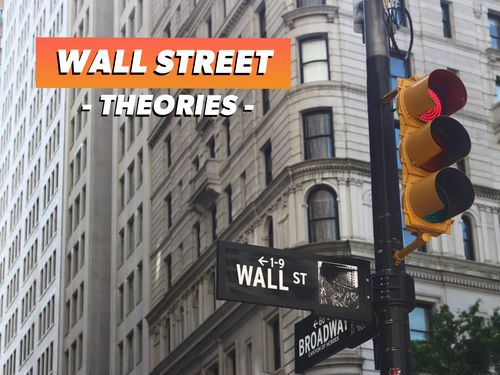Which Wall Street investment theories truly work?
Nov 06, 2020 · 2 mins read
0
Share

Burton Malkiel’s book A Random Walk Down Wall Street is a skeptic’s look at the stock market. He’s a Princeton economist who has revised this book 11 times since its 1973 release in order to keep it aprised of the latest changes.
Save
Share
Malkiel’s overarching theory is that it is impossible to predict the stock market because like a “random walk”, prices fluctuate according to people’s perceptions, and people are unpredictable.
Save
Share
Example: The dotcom crash in the 1990’s occurred due to excitement over the rapid growth of the internet. It clouded judgement and caused wildly inflated valuations for new, not-yet-profitable companies.
Save
Share
Technical analysts or “chartists” believe that any company’s future stock market performance can be predicted based on its past stock performance. They believe that upward and downward trends tend to continue predictably due to crowd psychology.
Save
Share
Fundamental analysts aim to predict stock prices through in depth analysis of each company’s individual cash flow and industry sector. They may even visit individual companies to learn about their infrastructure and operations.
Save
Share
Warren Buffet is said to have amassed his fortune through fundamental analysis. This hinges on buying stocks whose price is lower than their intrinsic value and selling stocks with prices that are higher than their intrinsic value.
Save
Share
Malkiel’s issue with both technical and fundamental analysts is that both are actively managed funds. These never outperform the markets consistently. These funds also charge a lot in fees which take significant portions of potential earnings.
Save
Share
Malkiel’s theory is that the stock market moves like a sequence of random coin tosses. It may rise or fall for a time, but in no predictable pattern. The market has almost no memory.
Save
Share
Instead of trying to predict, buy a portfolio of low cost index funds that track the S&P 500 or FTSE 250. As these grow over time you are guaranteed cumulative gains without the risk of undiversified funds.
Save
Share
For those that insist on higher potential gains through active trading, make this a small part of your investment portfolio, in order to prevent big losses.
Save
Share
0